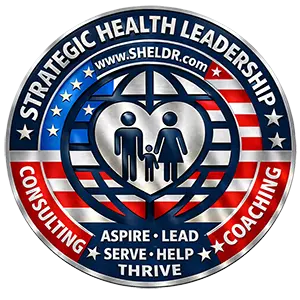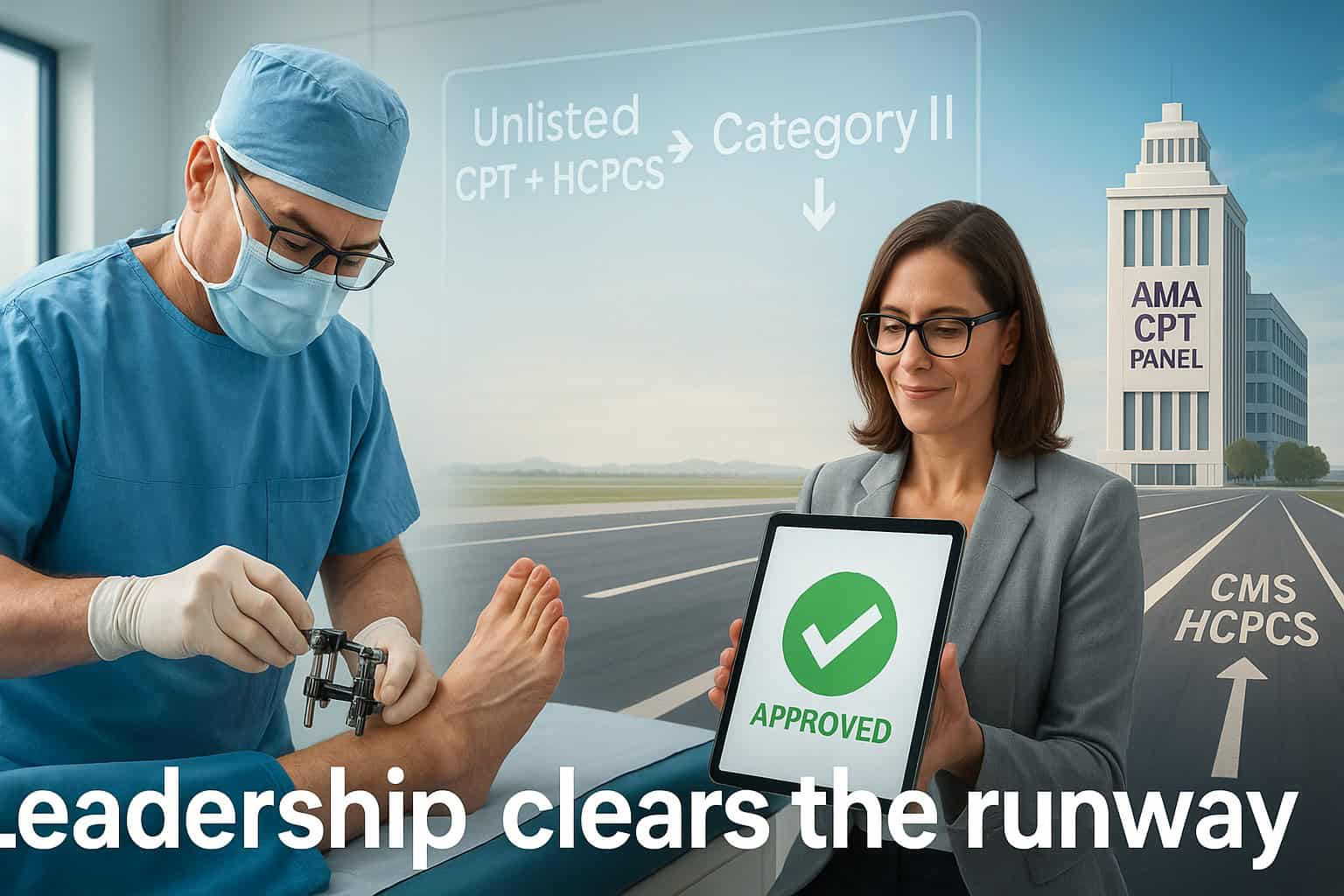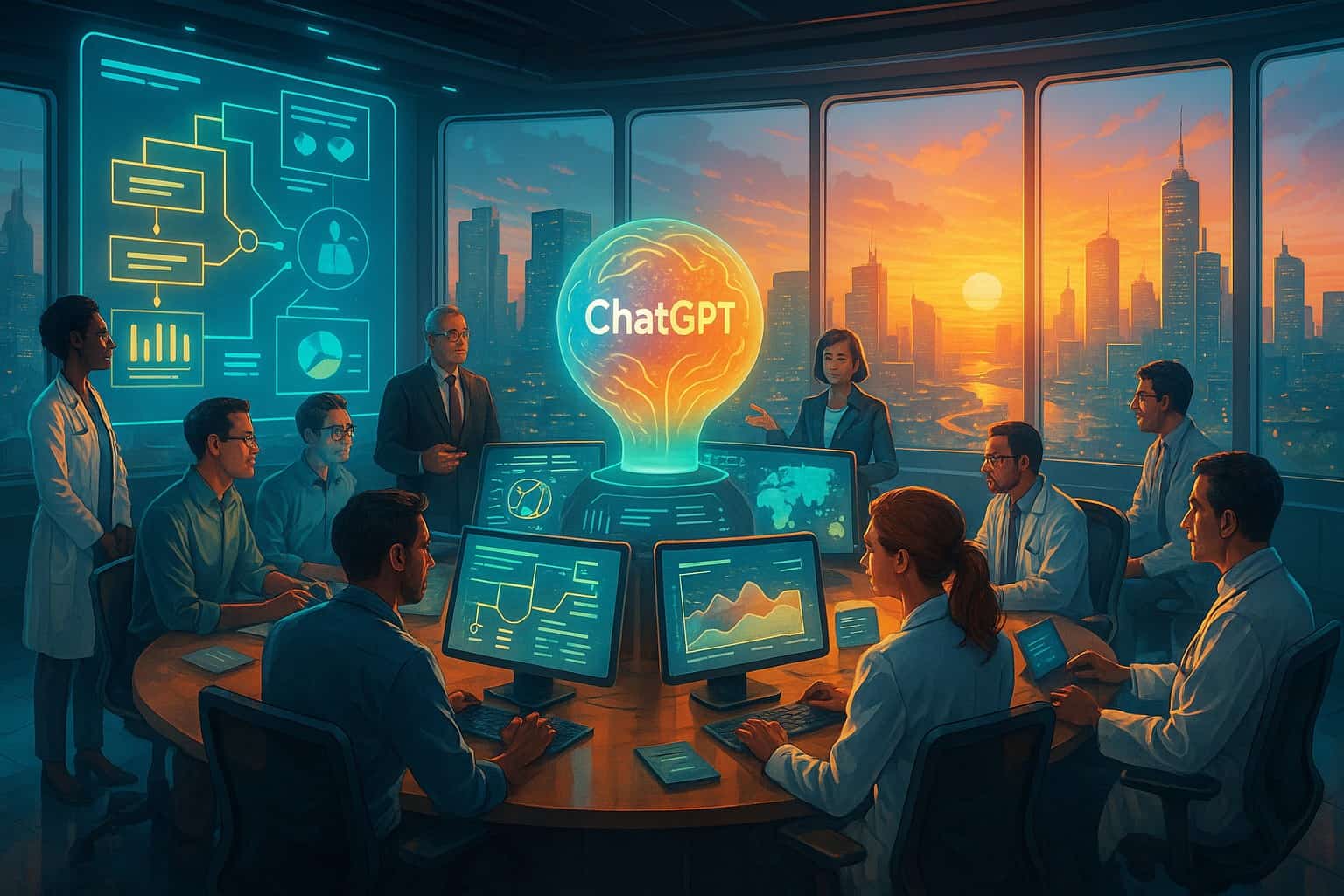
Table of Contents
Introduction – May I ask you a Question?
- What jolted you as you read this Thought Leadership Post (TLP) on Asking the Right Questions or Questions (ATRQ)?
- Do you have an ATRQ story to share? I’m asking this question to challenge you to the same question
- Would Asking the Right Questions or Questions (ATRQ) satisfy a leader development need in your organization?
- If given the opportunity, are you prepared to ask the right question of a senior health leader to make you a better leader? Solve an issue? Get direction?
- What ATRQ topics should be pursued?
To date, books on Asking the Right Question or Questions (ATRQ) in the context of health, social services, and healthcare do not exist or minimal attention is given in the context and process of communicating, listening, or deciding. However, successful health leadership is about more than knowing all the answers. Inherent in this process is learning to ask the right question or questions (ATRQ), actively listening to answers, engaging others, and making decisions for beneficial outcomes.
This thought leadership post (TLP), a part of my Strategic Health Leadership (SHELDR) series, launches a personal journey to helping all health-related professionals—healthcare, public health, occupational health, and social services—throughout the world at all levels succeed. It is designed for aspiring health professionals and managers at the early, mid, and senior levels who want to create better health outcomes, build an effective health ecosystem, improve themselves as leaders, and accentuate the spirit of constant improvement. Are you in?
Why, What, How of Asking Questions …
ATRQs are about connecting, communicating, and persuading others. The Asking the Right Questions (ATRQ) series will provide readers—individuals, leaders, teachers, mentors, coaches, and consultants in all health-related domains—a comprehensive foundation–Why, What, When, How, Timing, Stories, Situations–on how to ask questions effectively and evaluate the answers to create or improve meaningful relations, partnerships, and programs.
Each TLP post will include an introduction, research-based ideas, examples or stories, a summary, discussion questions, references, and keywords. The series combines references and examples from experts in the legal, media, academia, leadership, medical, and psychology fields to create valuable strategies and techniques to ask the right questions. Do you have a story to share to illustrate the power of ATRQs?
True Story On How I Got Started at Asking the Right Questions
When I was a young careerist, a senior health leader approached me at a 1987 Resource Management and Information Systems Symposium at Holiday Inn, Denver, Colorado. While minding my business in the bar, the senior health leader introduced himself. For about 20 minutes, he asked questions and actively listened to my story. Not that my story mattered. To this day, I still remember his sincerity and positivity. He recommended a book: Smart Questions: A Strategy for Successful Managers, by Dorothy Leeds. I read it. I still have it. It became a starting point for my leadership development. Do you have other recommendations on ATRQs?
It’s incredible how our most memorable moments stick with us forever. I can still sense and hear the senior leader’s authentic and gregarious communication style. As a mid-careerist, the same senior leader spoke about how to be a successful hospital administrator while attending a hospital administrator course. I took notes, plenty of notes. As I reviewed the notes years later, I was reminded of a terrific book: The Power of Moments, Chip and Dan Health. Specific experiences can jolt us. How did a senior leader jolt you recently with their questions or approach?
Benefits
The senior leader shocked me twice to be a lifelong learner, refine my leadership philosophy, and develop as a strategic thinker. Years later, I still think to myself, where did he learn to ask those questions. Now, I want to pass on my experiences and advice with shorter TLPs on ATRQ.
Eventually, these TLPs will be converted into a publication. The publication will be about developing an inquiring mindset and culture where asking questions is safe, desired, and effective. It will be designed to help professionals and leaders further ask great questions, discern or sort, uncover, inspire, reinforce, motivate, and empower—thus allowing you and others to succeed in their respective positions. Your engagement and feedback will be most appreciated, ok?
Summary
Stay tuned! The TLPs and future publications on ATRQs will offer you a variety of principles, techniques, and strategies for asking questions in the context of health leadership, health system transformation, and personal development or fulfillment. They should help you develop your confidence and reputation as a genuine leader who’s adept at communicating, listening, and making decisions.
Even if the moment with the senior leader resulted from luck, the brief experience influenced me throughout my career. Think about it. His moment with me could have been spent elsewhere. It wasn’t. There’s no telling how I would have turned later. He died a few years back. I regret I did not tell him THANKS. I’m grateful to him and other leaders for their moments as well. I hope to pass on some of the same wisdom to you and others. This is my way of giving back and saying THANKS to Colonel (Ret) Jack Murphy, former Air Force Medical Service Corps Chief.
Now, I challenge you to ask your senior health leaders a few questions or ask yourself, can I do better at ATRQs?
The following suggestions and resources aim to equip you with the tools and insights to refine your questioning skills and unlock the transformative power of ATRQ in your health leadership journey.
Deep Dive Discussion Questions for Leaders
- Reflection: Recall a situation where your questioning led to a breakthrough outcome. What specific questions did you ask, and how did they contribute to the success?
- Self-Awareness: Identify your typical questioning style. Are you prone to closed-ended questions, probing too deeply, or lacking follow-up? How can you adjust your approach for optimal impact?
- Active Listening: Evaluate your listening skills. Do you truly hear and understand the underlying meaning behind answers, or are you simply waiting for your turn to speak?
- Adaptability: How do you adapt your questioning style depending on the audience, context, and desired outcome? Can you switch seamlessly between open-ended inquiries and targeted probes?
- Beyond Answers: Do you encourage and value divergent perspectives and questioning within your team? How can you cultivate a culture of inquiry and continuous learning?
Suggested Learning Activities
- Role-Playing Scenarios: Practice active listening and effective questioning techniques in simulated leadership situations. Role-play challenging conversations with team members, superiors, or stakeholders.
- The “Why-So-What?” Game: Train yourself to delve deeper by repeatedly asking “why” and “so what” after receiving an initial answer. This helps uncover underlying motivations and potential consequences.
- Debriefing and Analysis: Reflect on past interactions and identify your questioning strengths and weaknesses. Analyze successful and unsuccessful conversations, and pinpoint areas for improvement.
- Storytelling Exercise: Share personal anecdotes or case studies where effective questioning played a pivotal role in achieving a positive outcome. Discuss the specific techniques used and their impact.
- Reverse the Roles: Ask your team members or colleagues to provide feedback on your questioning style. Be open to constructive criticism and actively seek ways to improve your communication skills.
References
- The Power of Moments: Chip and Dan Health (TED Talk): https://www.youtube.com/watch?v=sl-n61mt7ro
- The Art of Asking Powerful Questions by Eric Harvey: https://hbr.org/2022/05/the-art-of-asking-great-questions
- Radical Curiosity: How to Be Boldly Curious & Create a Life Worth Living by Diana Divecha: https://www.amazon.com/Radical-Curiosity-Search-Cosmic-Purposeful/dp/1951213319
- The Coaching Handbook: A Guide to Becoming a More Effective Coach by James M. Kauffman: https://www.amazon.com/COACH-bags/s?k=COACH+bags
- The Art of Nonverbal Communication by Joe Navarro: https://www.housmaninstitute.com/blog/the-art-of-nonverbal-communication
- Difficult Conversations: How to Discuss What Matters Most by Douglas Stone and Sheila Heen: https://www.amazon.com/Difficult-Conversations-Discuss-What-Matters/dp/0670921343
- Crucial Conversations: Tools for Talking When Stakes Are High by Joseph Grenny, Kim Peters, Alicia Patterson, and Ron McMillan: https://www.amazon.com/Crucial-Conversations-Talking-Stakes-Second/dp/0071771328
- The Leadership Gap: What Gets Between You and Your Greatness by Lolly Daskal: https://www.amazon.com/Leadership-Gap-What-Between-Greatness/dp/1101981350
- Ask Powerful Questions: Create Compelling Content in Five Minutes (Even If You’re Not a Natural Writer) by Joel A. Davis: https://www.amazon.com/Ask-Powerful-Questions-Create-Conversations/dp/1545322996
- Good Leaders Ask Great Questions: Your Foundation for Successful Leadership Paperback, October 7, 2014, John C. Maxwell
- Doesn’t Hurt to Ask: Using the Power of Questions to Communicate, Connect, and Persuade, Trey Gowdy
- Article: The Surprising Power of Questions, Alison Wood Brooks and Leslie K. John Harvard Business Review, May-June 2018
Key Words
Questions, health, leader, leadership, story
About the Author: I am passionate about making health a national strategic imperative, transforming and integrating health and human services sectors to be more responsive, and leveraging the social drivers and determinants of health (SDOH) to create healthier, wealthier, and resilient individuals, families, and communities. I specialize in coaching managers and leaders on initial development, continuously improving, or sustaining their Strategic Health Leadership (SHELDR) competencies to thrive in an era to solve wicked health problems and artificial intelligence (AI). Visit https://SHELDR.COM or contact me for more BLIP-ZIP SHELDR advice, coaching, and consulting. Check out my publication: Health Systems Thinking: A Primer




